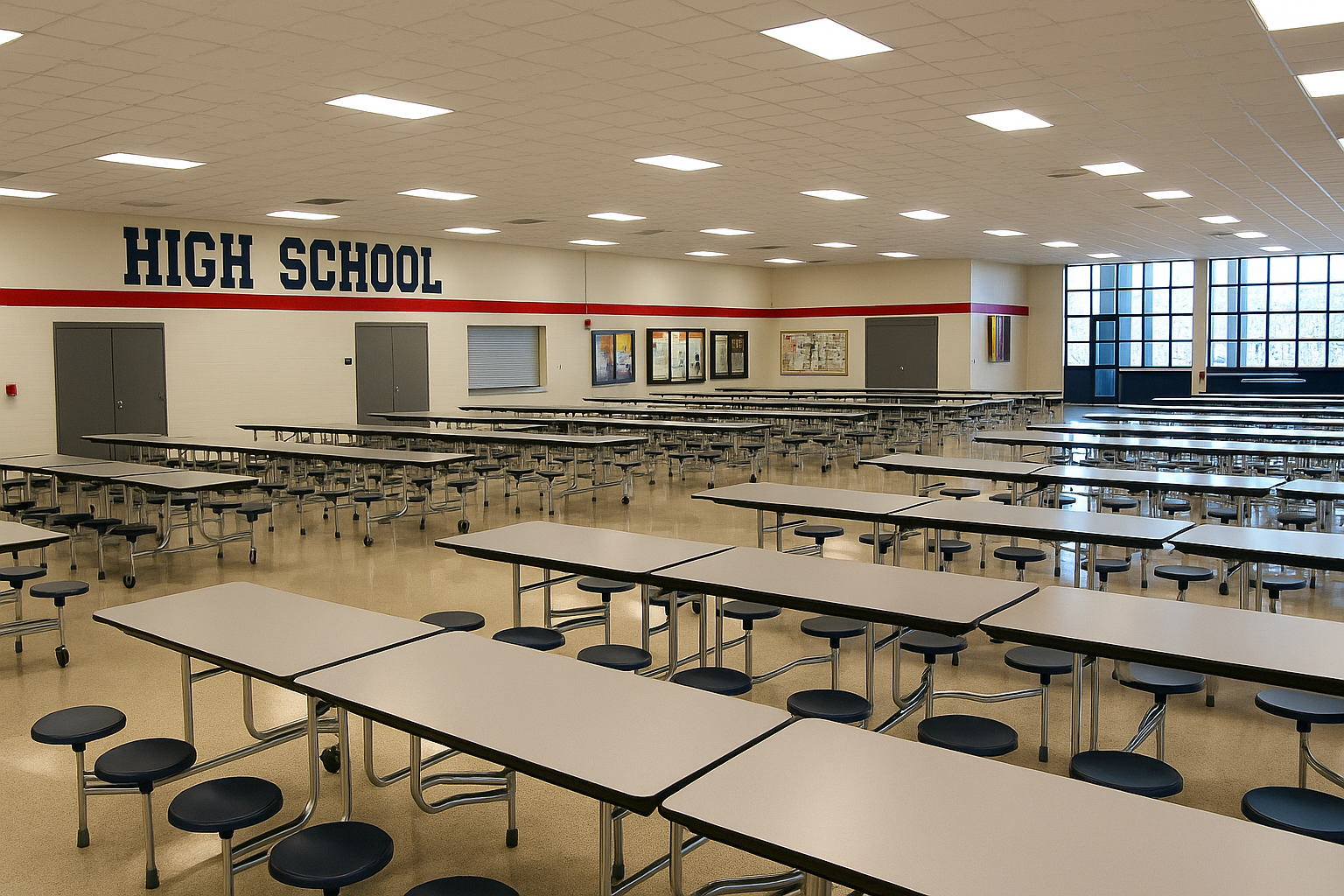
A recently confirmed $50 million deficit in the Miami school budget has forced Miami-Dade County Public Schools (M-DCPS) into urgent planning mode as the district works to stabilize its finances before the 2025–2026 academic year.
Superintendent Dr. Jose L. Dotres announced the shortfall in a public meeting held July 30, stating that several factors contributed to the crisis. These include the expiration of federal COVID-19 relief funds, a rise in fixed operating costs such as transportation and security, and decreased revenue from property taxes. The news has sparked concern among teachers’ unions, education advocates, and thousands of families across the county.
Federal Funds Dried Up
Much of the deficit stems from the loss of one-time federal aid, particularly funds granted through the Elementary and Secondary School Emergency Relief (ESSER) program. These funds helped the district cover costs associated with remote learning, ventilation upgrades, mental health support, and staffing during the pandemic. In total, Miami-Dade schools received more than $1.2 billion in ESSER aid—but those funds are now depleted.
Dr. Dotres emphasized that the district used the money responsibly, but many of the roles funded—such as school counselors, paraprofessionals, and intervention specialists—must now be reevaluated without ongoing support. "We are not replacing a funding source," he explained. “We are replacing a temporary relief effort that served a crisis.”
Program Cuts and Hiring Freezes
To close the gap in the Miami school budget, the district has already proposed a hiring freeze on non-essential positions, and a pause on raises for administrative staff. In addition, curriculum leaders have been asked to identify programs that can be consolidated or temporarily suspended.
Some of the areas already under review include:
Advanced Placement (AP) course offerings in smaller schools
International Baccalaureate (IB) funding in under-enrolled programs
Arts and music classes that rely on contract teachers
After-school tutoring and summer academies
Parents in communities like West Kendall and Opa-locka have voiced frustration over the potential elimination of programs that they say are vital to underserved students. “We rely on that extra help after school,” said Mayra Pérez, a parent of two students at a Title I middle school. “These cuts hurt the people who need school the most.”
Charter School Accountability Questioned
The news has also reignited debate over the role of charter schools in the Miami school budget. Although charter schools are publicly funded, they operate independently. Critics argue they siphon resources away from traditional public schools, especially when enrollment is stagnant or declining.
The United Teachers of Dade (UTD), the county’s largest educators union, issued a statement urging the school board to apply greater financial transparency and oversight to the growing number of charter campuses. “We are in this hole in part because resources have been misallocated,” said UTD President Karla Hernández-Mats. “Every dollar spent needs to be justified now more than ever.”
Capital Projects and Construction Delays
The district is also reviewing upcoming capital projects, including HVAC upgrades, roof replacements, and classroom renovations that had been scheduled for 2025. These projects were part of the $1.2 billion General Obligation Bond (GOB) package approved by voters in 2012, but inflation and cost overruns have delayed several timelines.
Now, with the Miami school budget in flux, officials say projects deemed non-critical will likely be delayed, repackaged, or cancelled altogether.
Digital Learning, Cybersecurity Not Immune
Another area of concern is technology infrastructure. Though Miami-Dade made massive strides in digital access during the pandemic, cybersecurity and device replacement are ongoing costs.
“We’re seeing a huge uptick in cyber threats across the country,” said Lourdes Espinoza, the district’s Director of Technology. “But our cybersecurity teams are underfunded, and this budget will not allow us to expand or even maintain last year’s capabilities.”
District IT staff also warned that delays in laptop replacements could affect students' ability to engage with digital assignments or standardized tests administered online.
State Support Not Forthcoming
The situation is further complicated by a lack of increased support from the state legislature. Although Florida’s 2025 budget added modest per-pupil increases, those funds are largely earmarked for school choice vouchers and private education reimbursements, rather than direct investment in public district schools.
The Florida Department of Education responded to the local crisis with a brief statement indicating that “districts must plan responsibly and within their means,” offering little hope for supplemental aid from Tallahassee.
Public Hearings Scheduled
The Miami-Dade School Board will hold a series of public budget hearings throughout August and September. The final vote is expected on September 12. Community advocates are urging residents to attend and submit comments during the open forum periods.
“We’re at a moment where public input matters,” said education advocate Daniel Katz. “The board can make smarter decisions if they understand the day-to-day impact on students, teachers, and families.”
Many are calling for temporary reserve use, additional state lobbying, and adjustments in charter oversight to restore critical services without jeopardizing core academic goals.
What's at Stake?
With one of the largest public school districts in the U.S., what happens in Miami-Dade often influences decisions in other Florida counties. If this Miami school budget crisis continues without public engagement or creative solutions, it could lead to:
Widening equity gaps
Declining student achievement
Teacher burnout and attrition
Reduced public confidence in school governance
For now, stakeholders from all sides are watching closely and bracing for a turbulent start to the school year.